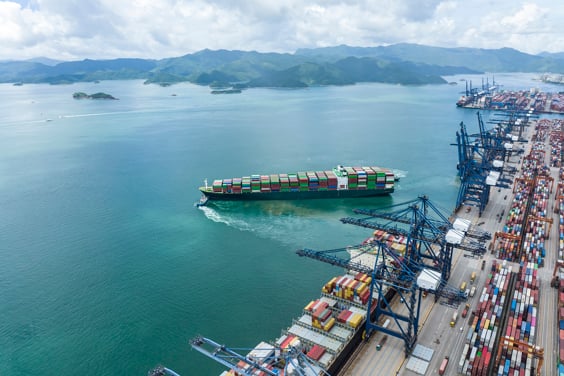
The demands on seafarers are changing and increasing. Help your personnel make better, informed decisions by understanding their strengths and the impact of cognitive load on their performance.
LR Human Factors helps maritime organisations proactively plan staffing at any level and across a variety of ranks and roles through:
- Staffing, Fatigue and Workload Assessment
- Efficiency Analysis
- Situational Awareness Assessment
- Decision Making
- Way Finding
In each of these projects, LR’s Human Factors team conducts:
- Hierarchical task analysis of onboard operations including identification of roles and responsibilities using RASCI methodology
- Collection of onboard workload time occupancy data
- Qualitative data collection from onboard interviews and observations, adding context to reported workload data
- Dynamic staffing feasibility testing through a scenario-based model
Why LR
LR Human Factors is concerned with safety in dynamic safety critical environments. LR’s experts have extensive experience in maritime applied psychology, with a particular focus on cognitive human factors, including insights to promote effective and efficient working like aiding information processing, memory, decision making and maintaining or enhancing situational awareness.
Collaborating with key maritime stakeholders, they analysed and assessed cognitive load, and other factors which could affect human performance, for better performance at sea, in complex and demanding environments.
Case study
LR worked with a shipping company, exploring whether technology can improve the situational awareness of Officers of the Watch (OOW). The technology was designed to give the bridge team additional information to aid navigational decisions. LR gave expert guidance to the client on the design and operation, and reviewed the design features in a sea trial, engaging with the bridge team to gather their feedback on usability, and to capture any challenges.
The technology had good potential to enhance situational awareness during navigation, passage planning, and watchkeeping. Key recommendations included considerations for cognitive load and presentation of information as well as ensuring trust in the system to aid successful adoption.

 Cognitive Human Factors
Cognitive Human Factors








